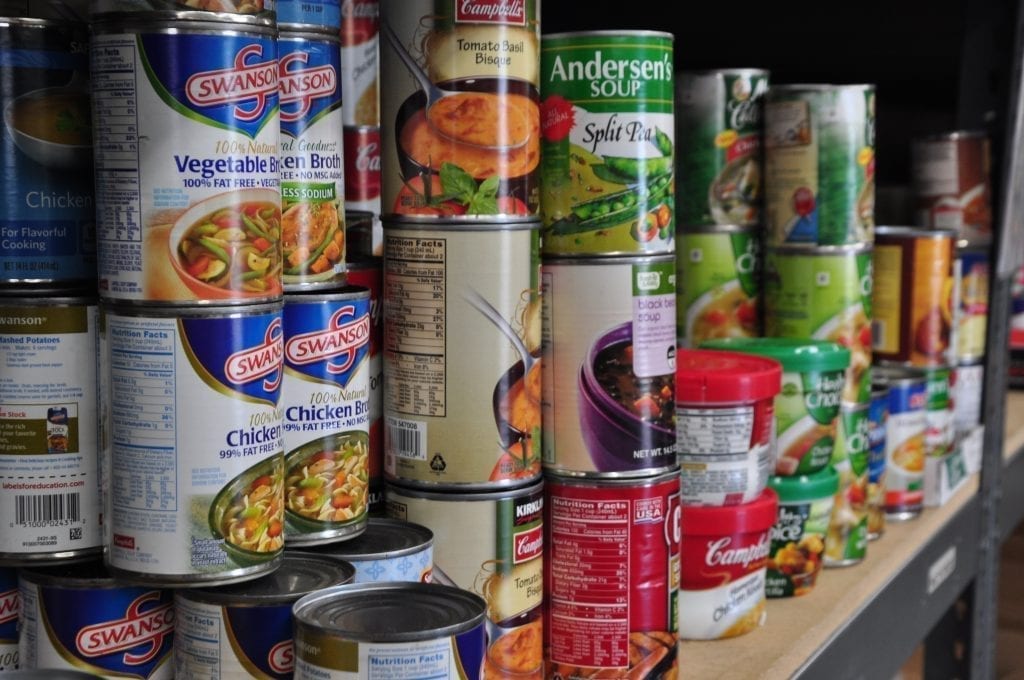Hunger on Our Campus: More than a stereotype
University of Tennessee professor and researcher presents seminar on food insecurity and impacts on UT’s community

By Salvation Army // Creative Commons
There’s an old stereotype about broke college students who can only afford to eat ramen noodles and microwavable mac and cheese; but, the issue runs deeper than a funny stereotype.
University of Tennessee professor Dr. Betsy Anderson Steeves presented the results of a recent unpublished study on food insecurity and the impacts on UT’s community on Wednesday, Nov. 13 in a Hunger on Our Campus seminar in conjunction with Hunger and Homelessness Awareness Week on campus.
Food insecurity affects the entire United States, particularly in the southeast.
“We know that one in seven people struggles with hunger in the state of Tennessee,” Steeves said. “Our rates here in Tennessee are slightly higher than the national average, but on the lower end of the southeast.”
The study took a closer look at food insecurity specifically across the UT system.
“Across the UT system, we know about 33.8 percent of students registered in either very low food security or low food security categories and combine those into food insecure,” Steeves said. “That’s one in three. That’s insane to have on a campus that we have so many resources available to us.”
Various organizations at UT are trying to combat food insecurity with new initiatives such as Big Orange Meal Share, Smokey’s Pantry and Grow Lab.
Started by UT Recycling, Grow Lab is the new campus garden that hopes to combat local food insecurity.
“This year we were able to donate just under 300 pounds of fresh produce to Smokey’s Pantry,” UT recycling food systems coordinator, Leah McCord, said. “Not only are we providing food to the pantry, but we are encouraging professors and students to really think of food insecurity on a structural level.”
Although there are now new initiatives to help combat food insecurity on campus, some have growing concerns on the need of long-time solutions, and not just focusing on the short term.
“I think UT is definitely trying to address food insecurity,” service chair of Phi Alpha Delta Sarah Tanner said. “I think there are just some institutional changes that need to be made. Right now, we have Big Orange Meal Share and Smokey’s Pantry, those are basically our two resources. I personally feel like we are maybe not drawing on of those resource pools that we could in the Knoxville community to help address this.”
For more information on food insecurity, visit the United States Department of Agriculture’s website.
Edited by Kaitlin Flippo
Featured Image courtesy of Salvation Army via Creative Commons

